
As part of the Adams Sustainability Celebration, grants of $5,000 each were available to U of T faculty members and instructors to add or improve sustainability to their courses/curriculum. The approach to sustainability we take here addresses both human and environmental wellbeing (instead of simply focusing on reducing environmental damage), in accordance with the United Nations’ Sustainable Development Goals (SDGs). The objective is to design, develop, or enhance curriculum options for U of T students to learn more about sustainability topics and challenges.
Faculty Grant Winners
2022-23 Adams Sustainability Faculty Grant Winners
Prof. Kris Kim, Optimizing Vermicomposting Efforts at UTSC
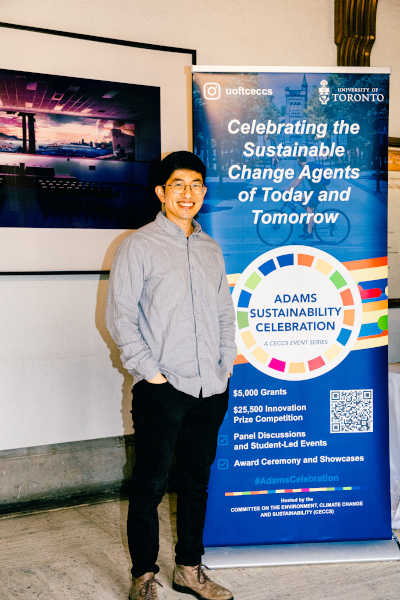
Kris Kim is an Assistant Professor, Teaching Stream in the Department of Physical & Environmental Sciences at UTSC. He received funding for his proposal to have chemistry students design and conduct research studies to assess macronutrient levels in the vermicomposting process. This is a collaborative project with the UTSC Campus Farm, Culinaria Research Centre and Students Union Food Centre to explore using food waste on campus to generate vermicompost for campus gardens.
Prof. Behdin Nowrouzi-Kia, ReSTORE Lab
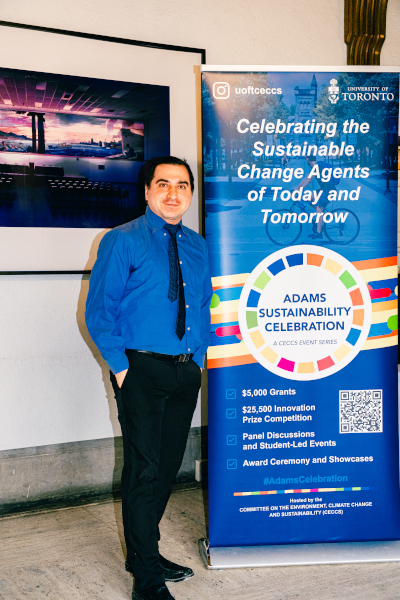
Behdin Nowrouzi-Kia is an Assistant Professor and Emily Geldsaler Grant Early Career Professor of Workplace Mental Health in the Department of Occupational Science and Occupational Therapy. He received funding to hire a casual research assistant for his Living Lab course OCT1262Y: Enabling Occupations with Adults: Part II. The RA will immerse themselves in two sustainable community projects, highlighting the importance of community-based research, set up the course website, invite guest speakers to the course, and moderate the discussion board.
The ReSTORE lab is an interdisciplinary team with occupational therapists, public health, medical doctors, occupational health, microbiologists and psychologists engaged in working for climate change and developing sustainable solutions for health and development.
2021-22 Adams Sustainability Faculty Grant Winners
Prof. Tingting Zhu, Developing Sustainability Modules for GIS Capstone Project
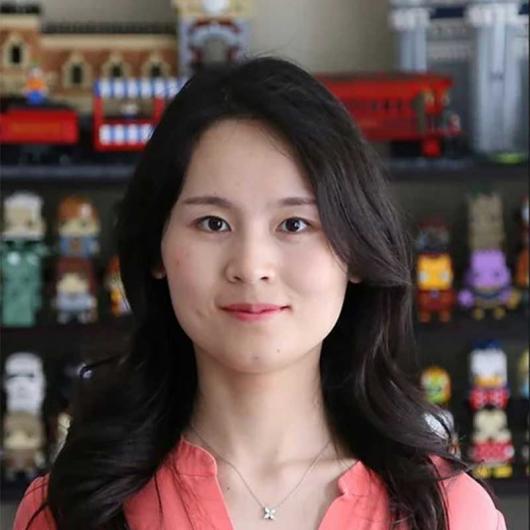
Tingting Zhu is an Assistant Professor in the Department of Geography, Geomatics and Environment at UTM. She received funding for her proposal to hire two Research Assistants to develop sustainability modules for a GIS Capstone Project course, which has a community-engaged learning component in partnership with the City of Mississauga. Capable of integrating multidisciplinary data and analyzing spatial interactions, GIS allows administrators to make informed decisions, contributing to global collaboration based on holistic sustainable design.
Prof. Marianne Touchie, Enhancing Campus as a Living Lab in Undergraduate Courses
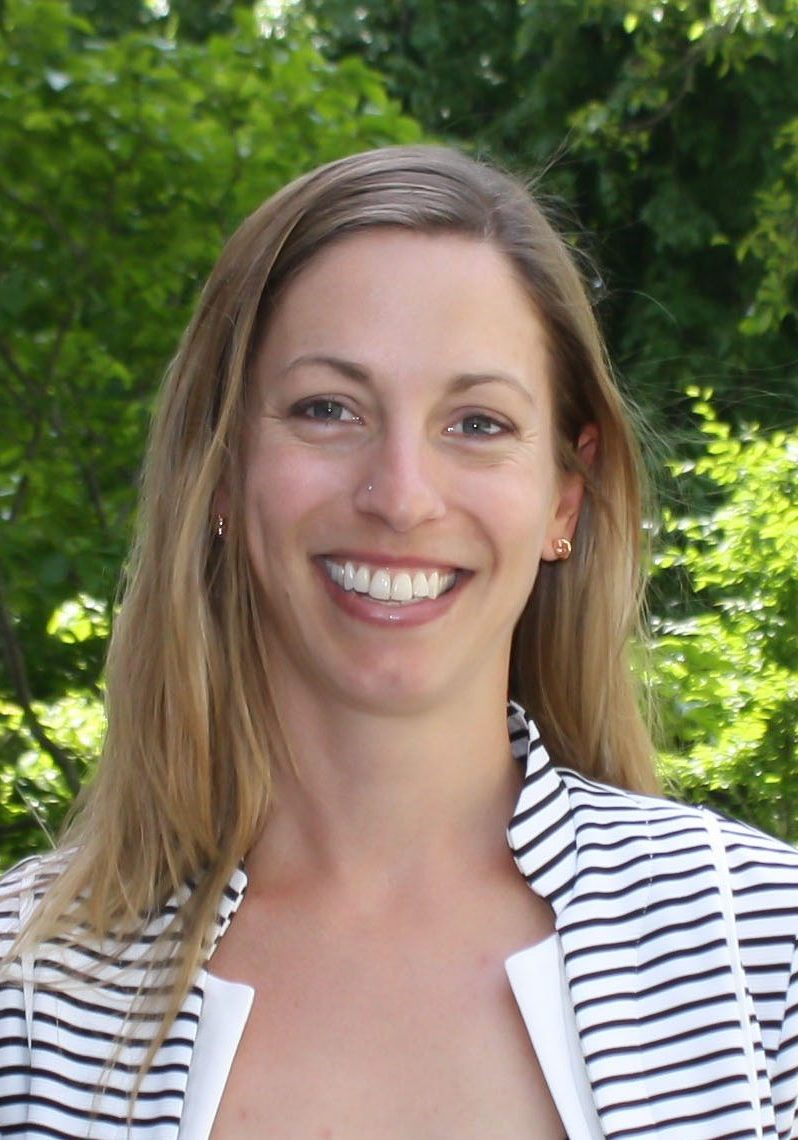
Marianne Touchie is an Assistant Professor in the Department of Civil & Mineral Engineering, and Director of the Building Energy and Indoor Environment Lab. She will be using the grant funding to support mini-labs in campus buildings for Building Science and HVAC Fundamentals courses, which have an enrollment of about 200 students a year.
Dr. Hilary Inwood, Re-imagining Sustainability Pedagogy
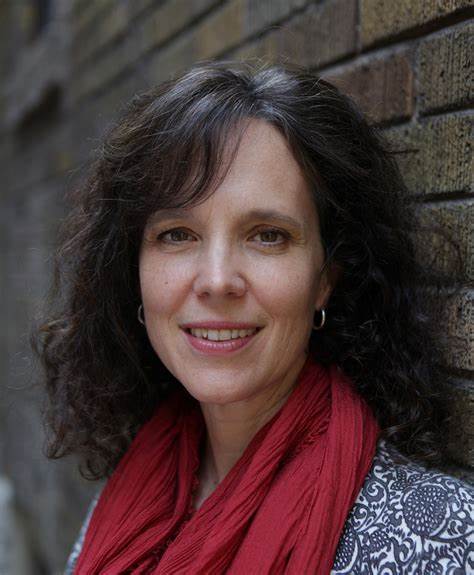
Hilary Inwood (MA, M.Ed, PhD) teaches in the Master of Teaching program in the Department of Curriculum, Teaching and Learning at OISE. She leads the OISE Sustainability & Climate Action Network, and its Environmental & Sustainability Education (ESE) Initiative, as well as its Arts Education courses. Hilary will use this grant funding to support changes to CTL 1122, an OISE course focused on sustainability education called Exploring the Praxis of Environmental & Sustainability Education. These changes will use the city as classroom to develop transformative sustainability pedagogies that offer students learning that is relational, community-engaged and action-oriented.
2020-21 Adams Sustainability Faculty Grant Winners
Dr. Hans Ibelings
John H. Daniels Faculty of Architecture, Landscape and Design

Dr. Hans Ibelings is a professor at the John H. Daniels Faculty of Architecture, Landscape and Design. He will be using his funding from the Adams Sustainability Faculty Grant for research assistance to revisit conventional highlights of modern architecture post-1945. He intends to examine these topics through the lens of sustainability and climate change in the hope that it will lead to a new understanding of how global warming is deeply connected to all building activities.
Dr. Michael Liut
Department of Mathematical and Computational Sciences at the University of Toronto Mississauga

Dr. Michael Liut is an Assistant Professor in the Department of Mathematical and Computational Sciences at the University of Toronto Mississauga. He intends to use his funding to promote sustainable thinking amongst computer science students. He will be adding sustainability concepts over several components of his database course, which aims to impact all three campuses at U of T. He will be introducing the first edition of any type of sustainability concept to the computer science curriculum, and hopes that it will be the first of many to transform more in-depth thinking about sustainability in the field.
Dr. Fiona Miller
Institute of Health Policy, Management and Evaluation at the Dalla Lana School of Public Health
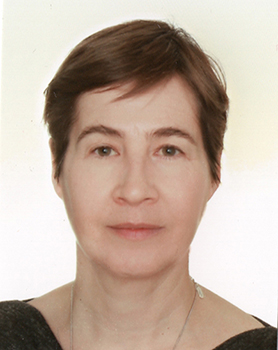
Dr. Fiona Miller is a Professor of Health Policy and Chair of Health Management Strategies at the Institute of Health Policy, Management, and Evaluation. Alongside two PhD students in the department, Victoria Haldane and Anna Cooper Reed, Dr. Miller has worked to create a course on sustainable health care.
Now, with the Adams Sustainability Faculty Grant, Dr. Miller and her colleagues hope to engage with other programs within their faculty to pilot some of their learning. They hope to further co-develop materials and find opportunities to embed sustainable health systems and sustainable healthcare imperatives into curricula throughout their faculty to take the conversation forward.
